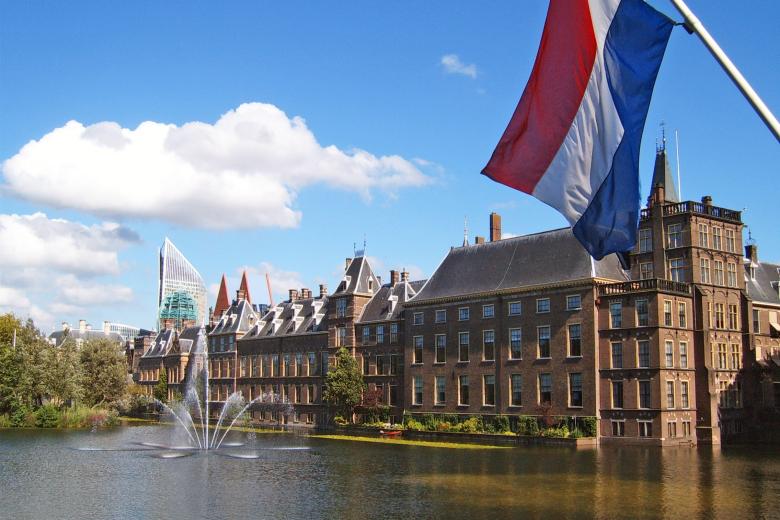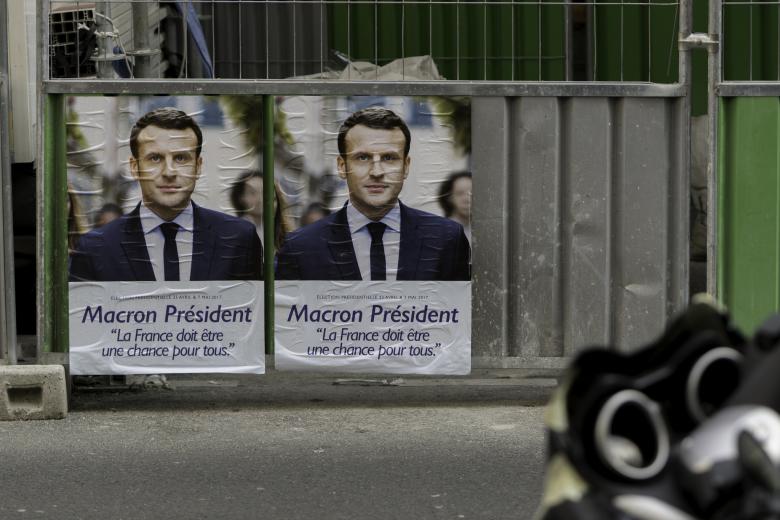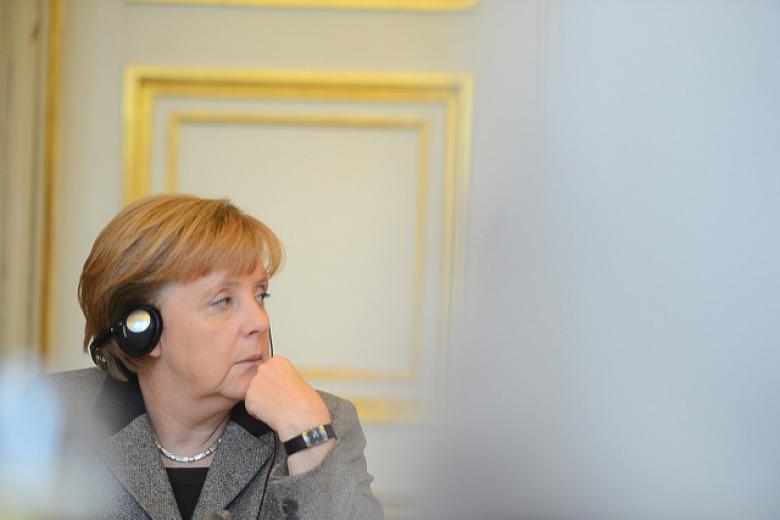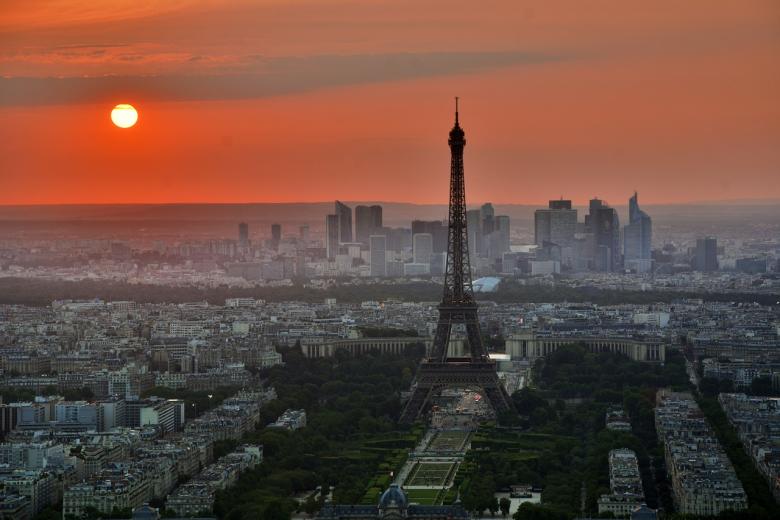The outcome of the British elections
From an academic perspective, we need to revise our textbooks: after Cameron-Clegg (2010-2015), and after a narrow majority for Cameron in 2015, there will be no majority party in the UK nowadays. (Dutch only)

From an academic perspective, we need to revise our textbooks: after Cameron-Clegg (2010-2015), and after a narrow majority for Cameron in 2015, there will be no majority party in the UK nowadays. (Dutch only)

Would that not be much more attractive? So: a Cabinet without excessive programme and with a number of subjects that can be left open. (Dutch only)

What we witness now shows resemblances with the new Turkish and the Russian presidential model: the president has executive powers but is also largely supported by his parliament, banning or disabling the effect of balances of power through their checks and balances.

After the Celebrations: What’s next for France? President-elect Macron has his work cut out. His challenges are many. There is much to do.

Emmanuel Macron’s victory in the French presidential election cannot distract from the fact that many challenges remain. President Macron’s most pivotal challenge in terms of governance will arrive in June.

While the world was looking towards Paris, there was another election that was taking place on Germany’s coast. Germany’s Social Democrats lose control of a pivotal state, at the worst possible time.

Theresa May’s surprise call for the general election may very well change…absolutely nothing.

Theresa May’s surprise call for the general election may very well change…absolutely nothing. This is part 1 of a diptych on the latest developments in the UK elections.

No matter what, cohabitation will highly frustrate LePen in case of her presidency, and reduce the possibilities of Macron, if it does occur.

Yesterday’s elections marked the beginning of an outstandingly important election year for Germany and is considered a first test run for the federal elections in September.
